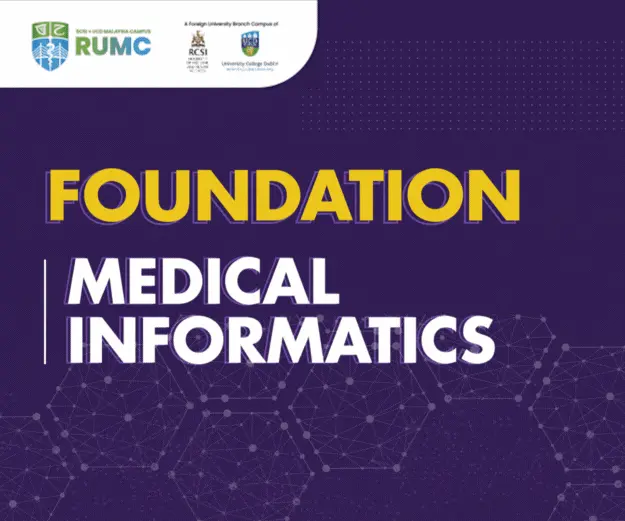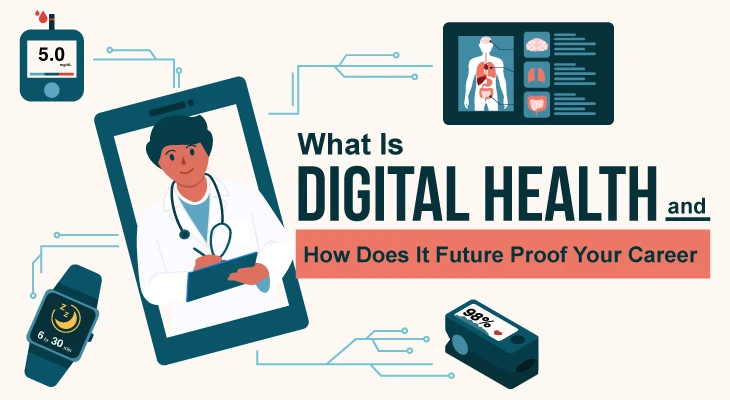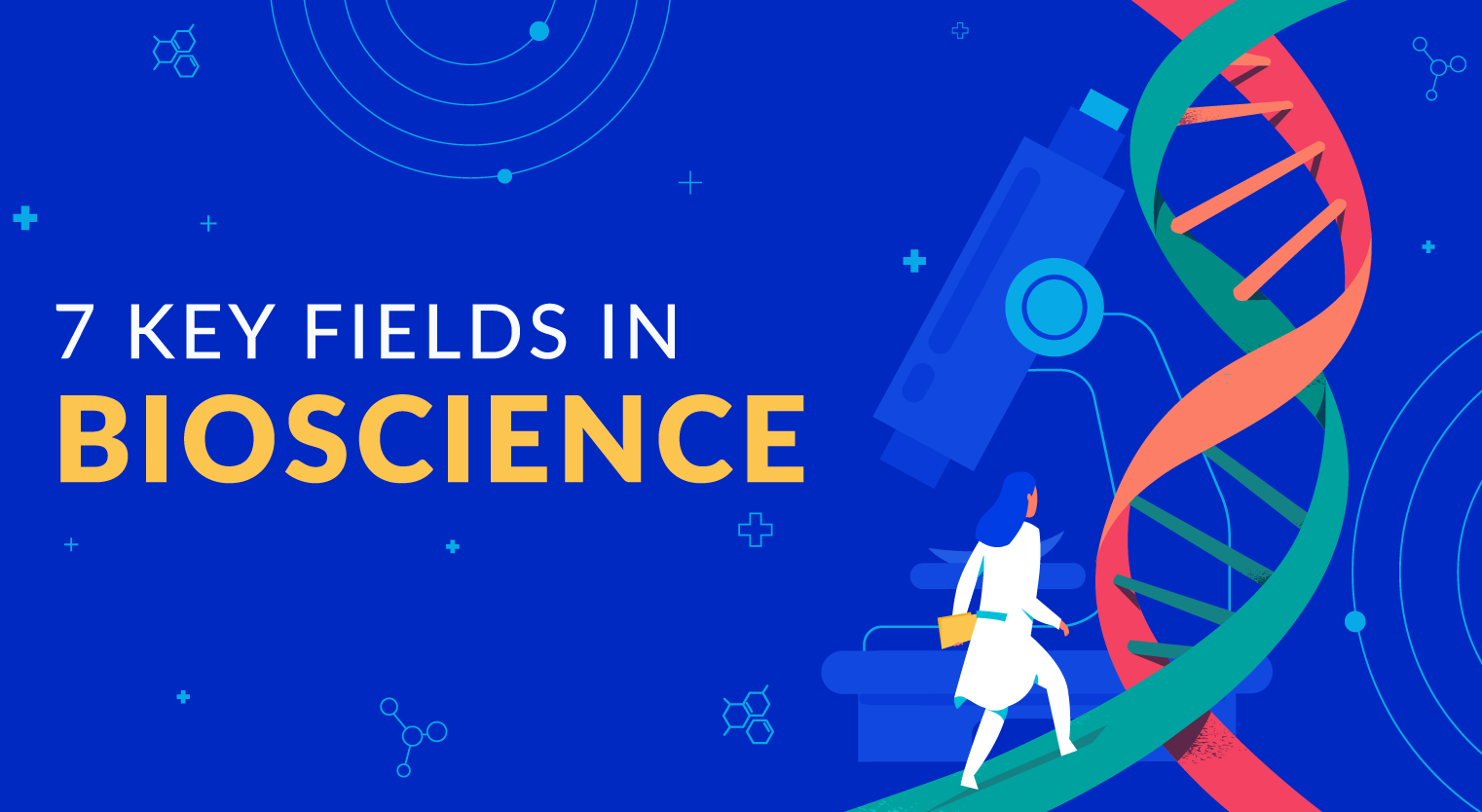5 Jobs You Can Do With a Biomedical Science Degree
Fascinated with the microscopic world of the human body? You'll find a career in biomedical sciences interesting! Check out these jobs that you can do.
Updated 20 May 2022
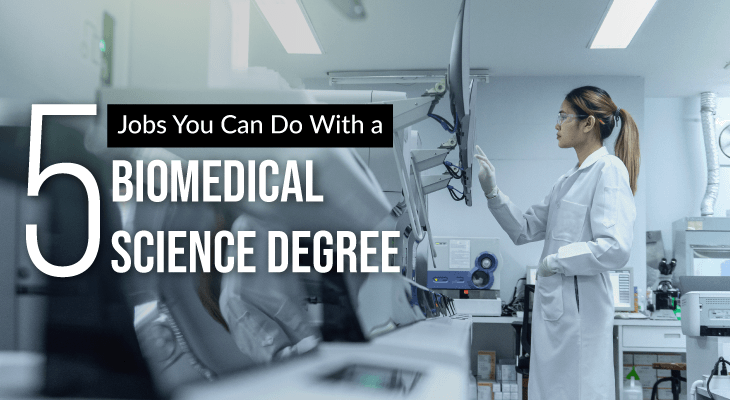
Did you know that you have more than 30 trillion cells working hard to keep you alive?
If you’re fascinated with the microscopic world of the human body, the study of biomedical science (the study of the human body and its function in health and disease) may be your calling.
From working on medical developments to improving lives, the knowledge and skills you gain from a biomedical science degree are invaluable in a range of careers. Here are some jobs you can pursue with a biomedical science degree.
#1. Biomedical scientist
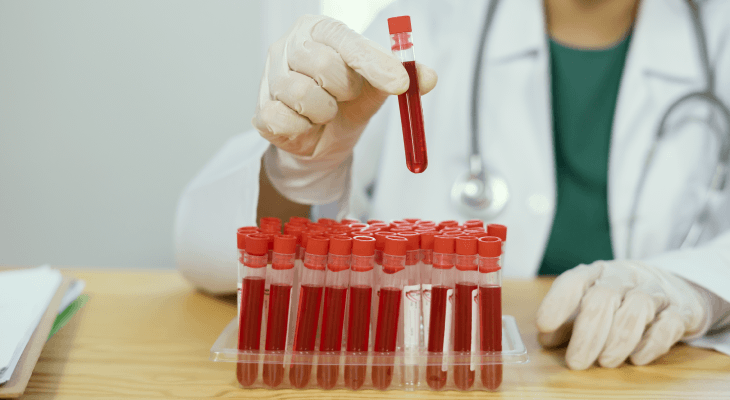
In this role, your main role is to carry out laboratory and scientific tests on blood samples and other bodily fluids to support the diagnosis and treatment of various diseases and medical conditions. The tests and analysis you perform are crucial to help doctors and other medical specialties to make better diagnoses and find the right treatment for patients.
As a biomedical scientist, some of your tasks may include:
- Perform laboratory testing and verifying the results through diagnostic methods and use of instruments
- Ensure all tests are performed according to the required standards and criteria
- Provide the test results to doctors and other medical staff for diagnosis and treatment
- Maintain and run specialist lab equipment
- Develop and keep up to date with new diagnostic methods and investigation
Biomedical scientists often work in hospitals, clinical laboratories and blood banks.

#2. Medical research scientist
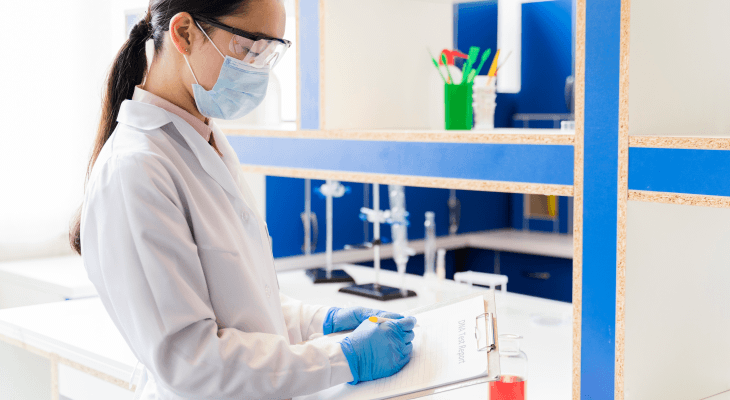
Revel in planning and conducting research and experiments as a medical research scientist. Your role here is to increase the vault of scientific knowledge on topics related to medicine. In addition, you’ll also be developing new or improving existing drugs and treatments.
Working as a medical research scientist will have you doing these things:
- Plan and conduct research and experiments
- Analyse and document the results accurately
- Write original papers for publications in peer-reviewed medical or scientific journals
- Attend scientific conferences to present your research
As a medical researcher, you can find employment at universities, research institutions, pharmaceutical companies and hospitals.
Apply for university with EduAdvisor
Secure scholarships and more when you apply to any of our 100+ partner universities.
Start now#3. Medical microbiologist
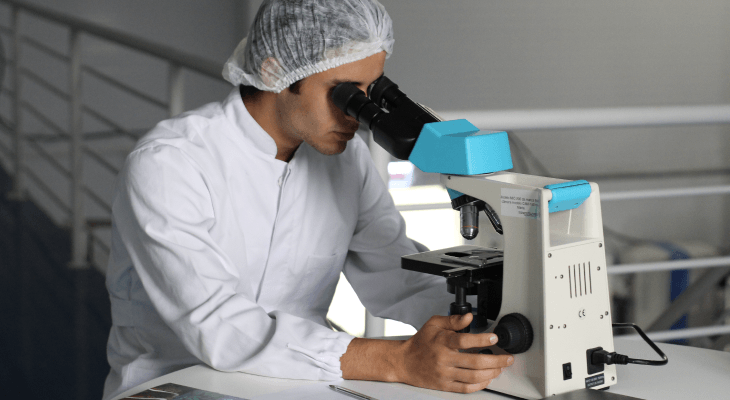
Being a medical microbiologist means spending a lot of time studying microorganisms (microbes) such as viruses, bacteria, fungi and protozoa, to understand how they affect our lives as well as how we can make use of them and prevent the spread of the infections they cause.
While medical microbiologists work in the healthcare industry, other types of microbiologists can be found in a range of industries such as agriculture and food safety.
Putting on the hat of a medical microbiologist will have you working on these tasks:
- Conduct microbiological testing and monitoring
- Track microorganisms in a range of environments
- Maintain accurate records of all tests performed
- Ensure good laboratory practices and laboratory safety
- Develop health products such as enzymes, vitamins or antibiotics
Medical microbiologists can be found in research institutions, universities and pharmaceutical companies.
#4. Toxicologist
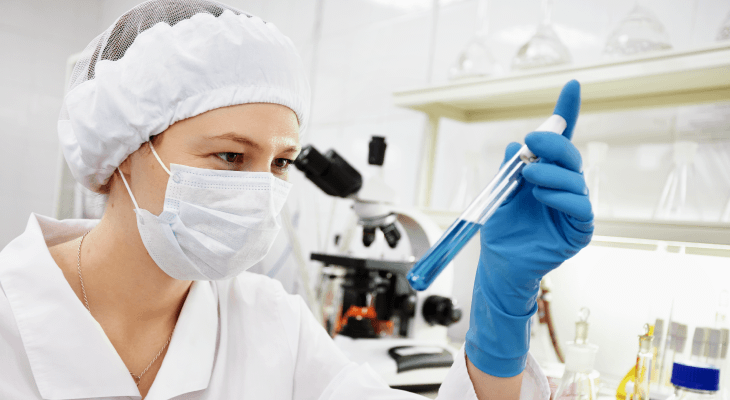
A toxicologist’s role is to assess the potential safety and harmful effects of chemicals, drugs and natural substances on living organisms such as humans and animals. You’ll also work to understand how to manage the risks caused by those chemicals by determining safe exposure limits and the dosage that can cause those effects.
Your role as a toxicologist will find you performing some of these tasks:
- Plan and conduct experiments to evaluate how specific chemicals and drugs can be used safely
- Analyse statistical data and research literature
- Write reports and scientific papers and present findings and recommendations to relevant organisations and regulatory bodies
As a toxicologist, you can find employment in pharmaceutical companies, universities, research institutions and forensic laboratories.

#5. Medical sales representative
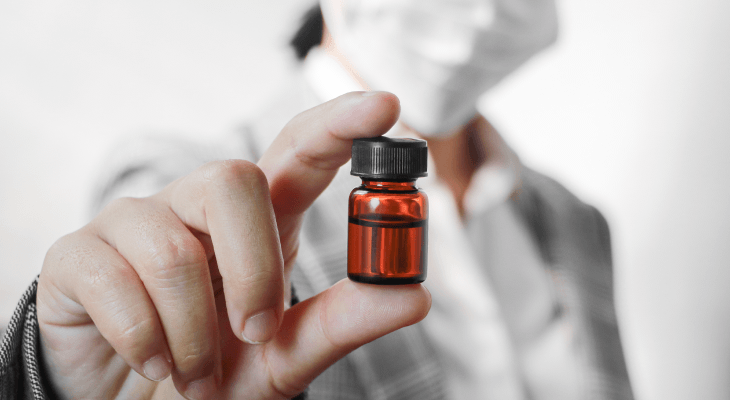
Medical sales representatives, or product specialists in the biomedical science field, are responsible for selling a healthcare company’s pharmaceutical and medical products (e.g. prescription drugs, medical equipment). This role is not limited to biomedical science graduates. However, a background in the science field is useful so that you can understand the medical information and speak to customers intelligently.
As a medical sales representative, some of your tasks include:
- Develop and execute sales strategies and plans
- Manage key accounts and identify new customers
- Conduct presentations about your products to doctors, pharmacists and other key stakeholders
- Build and maintain positive relationships with clients
Most medical sales representatives are employed by pharmaceutical and healthcare companies.
And there you have it — 5 jobs you can pursue with a biomedical science degree! We’re pretty certain you’ll have a rewarding and fulfilling career with a degree in bioscience in hand, so strike forth and change the world!


